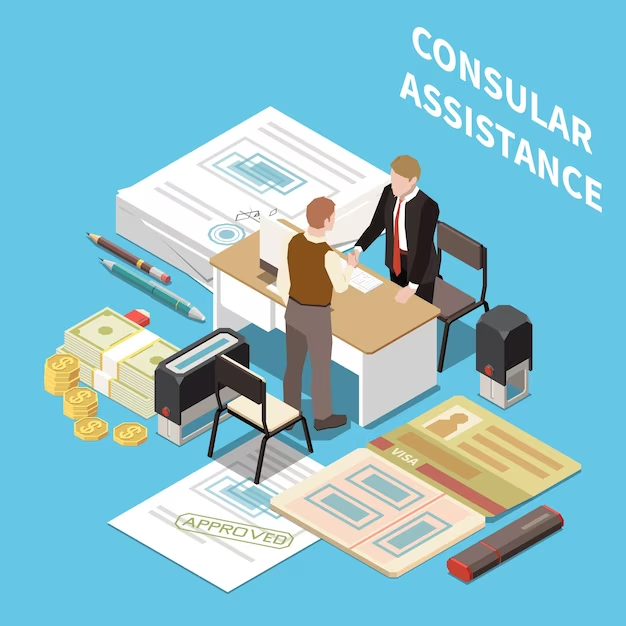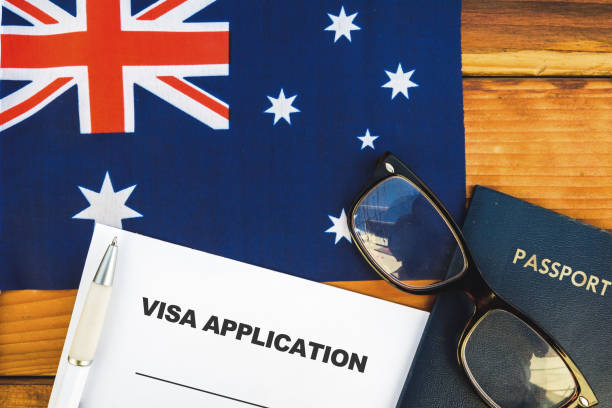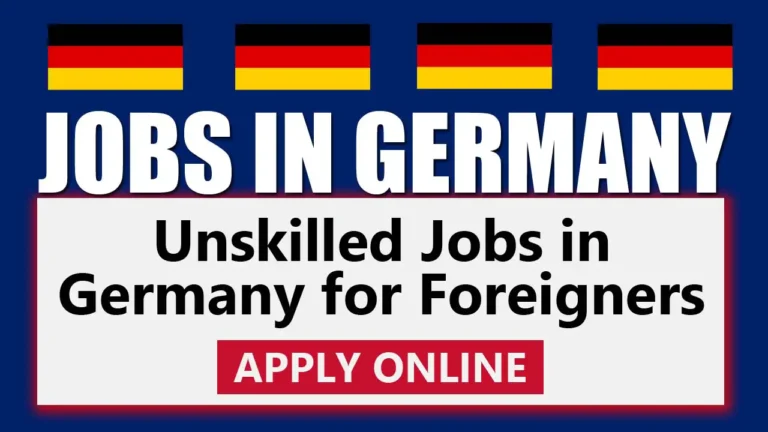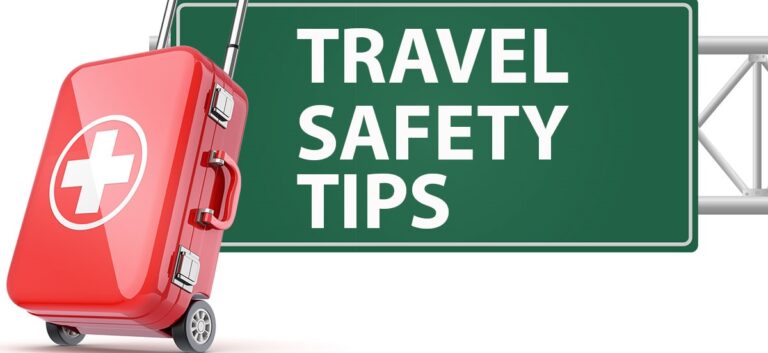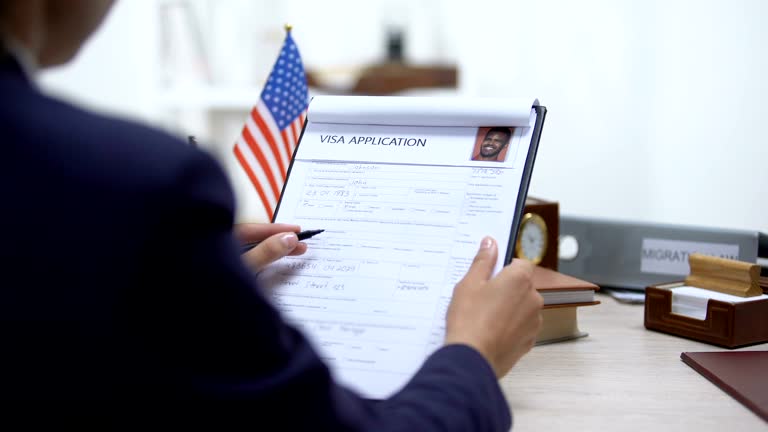Embassy Interview Questions and Answers
Embassy interviews are important when you want to travel to another country. It doesn’t matter if you want to go for a holiday, study, or something else – talking to embassy people can be a bit scary. But if you want things to go well, it’s important to get ready. You need to know the questions they usually ask and be ready with good answers that show you’re the right person for the visa. Let’s look at some common questions they might ask and how you can answer them.
1. Introduce Yourself:
One of the first questions you might encounter in an embassy interview is, “Can you tell us about yourself?” This seemingly simple question serves as an icebreaker and allows the consular officer to get an initial impression of you. When answering, focus on relevant details such as your educational background, professional experience, and the purpose of your trip. Keep it concise and avoid sharing unnecessary personal information.
2. Why Do You Want to Visit Our Country?
Be prepared to explain a clear and genuine reason for your visit. Whether it’s for tourism, business, or education, provide specific details about your plans and activities. Show that you’ve done your research on the country and express your enthusiasm for experiencing its culture and making a positive contribution during your stay.
3. How Long Do You Intend to Stay?
Consular officers want to ensure that visitors don’t overstay their visa, so be straightforward and realistic about your intended duration. Provide a well-thought-out itinerary that aligns with the purpose of your visit, demonstrating that you’ve planned your stay responsibly.
4. What Is the Purpose of Your Visit?
This question may take various forms depending on the type of visa you’re applying for. For tourist visas, explain your travel itinerary and the attractions you plan to visit. If applying for a student visa, discuss your chosen course, educational institution, and career goals. Be specific and detailed to showcase the legitimacy of your intentions.
5. How Will You Fund Your Stay?
This question aims to assess your financial stability and ability to support yourself during your visit. Provide clear and verifiable evidence of your financial situation, such as bank statements, sponsor letters, or proof of income. Be transparent and honest, as dishonesty can lead to visa rejection.
6. Have You Been to Other Countries Before?
Consular officers may inquire about your travel history to evaluate your compliance with visa regulations in the past. Be honest about your previous travel experiences, including any visa denials or overstays. Provide explanations if needed and emphasize how these experiences have prepared you for the current trip.
7. Do You Have Family or Relatives in Our Country?
If you have family or relatives in the host country, be open about it. Clearly state the relationship and address any concerns the consular officer might have regarding the possibility of you overstaying your visa. Provide documentation supporting your claims and emphasize your commitment to returning to your home country.
8. How Will Your Trip Benefit You or Your Country?
This question is common for student and business visa applicants. Highlight the educational or professional opportunities the trip presents and explain how you plan to use the knowledge or experience gained to contribute to your home country upon your return. Convey a sense of responsibility and a commitment to giving back to your community.
9. What Ties Do You Have to Your Home Country?
Consular officers want assurance that you have strong ties to your home country and are likely to return after your visit. Discuss your family, job, property, or other commitments that anchor you to your home country. This helps establish your credibility and reduces the risk of visa rejection based on concerns about potential immigration.
10. Are You Planning to Work in Our Country?
For non-work visas, it’s crucial to emphasize that your visit is temporary and does not involve any unauthorized employment. Clearly state the purpose of your visit and assure the consular officer that you will adhere to the visa regulations, returning to your home country upon completion of your activities.
In conclusion, embassy interviews demand thorough preparation and a thoughtful approach to answering questions. By anticipating common queries and providing honest, well-reasoned responses, applicants can enhance their chances of obtaining a visa. It’s essential to remember that consular officers are trained to assess the credibility of applicants, so sincerity and transparency are key throughout the interview process.

